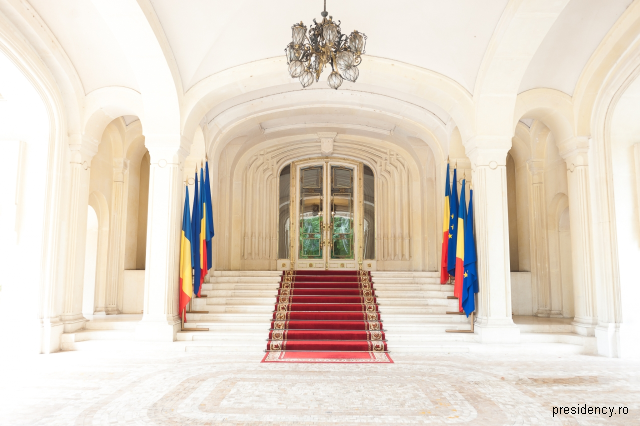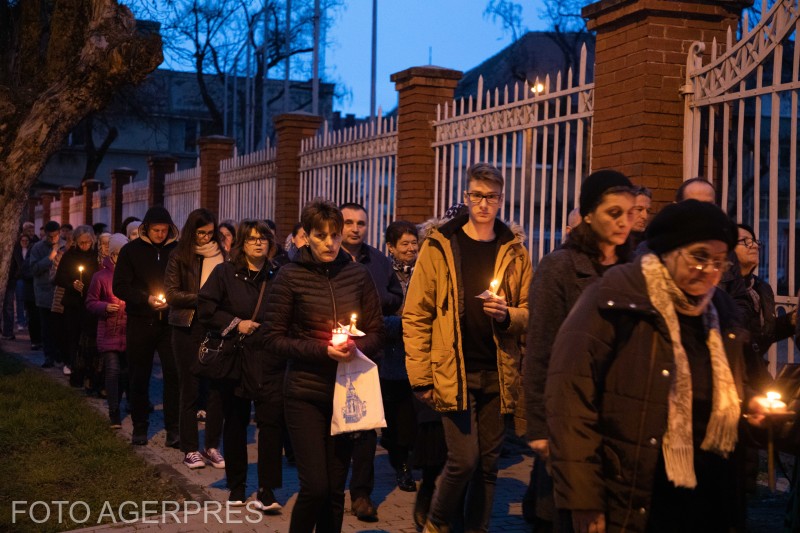Romania ahead of presidential elections
Presidential elections are due in Romania on November 10th and 24th this year.

Ştefan Stoica, 26.08.2019, 12:26
Ever since the fall of the communist regime in December 1989, the most passionate elections in Romania have been the ones for president. There were even cases when, although the race seemed clearly in the hands of a particular candidate, the favourite lost dramatically in the decisive round. Every time, the left wing candidate lost the election to the representative of the political right.
In 2004 and in 2009, Traian Basescu crushed the Social Democrats’ dream of having another president after Ion Iliescu, the central figure in Romanian politics in the first years of post-communist democracy. And while Basescu only won by a narrow margin, the 2014 victory of incumbent president Klaus Iohannis was not only spectacular, but also very clear.
Five years later, Klaus Iohannis, backed by the main Opposition party, the National Liberals, finds himself the favourite in the presidential race. To such an extent even, that some rushed to predict that he might win the election from the very first round. This, however, is virtually impossible, given that he needs half plus one of the total number of votes, that is, over 9 million.
A constant opponent of the Social Democratic Party, which he tried to oppose, although with limited powers, when the ruling party initiated a controversial judicial reform, Iohannis also received his fair share of disapproval. Many criticised him during his term in office for not opposing the Social Democrats with enough vigour.
A devoted pro-European and pro-American politician, Klaus Iohannis is seen in Washington and Brussels as the main guarantor of the rule of law and of independent judiciary in Romania. Moreover, in this autumn’s election he will be backed by a strong party, which in the recent European Parliament election proved that it can mobilise its supporters for a major electoral goal.
Iohannis will be competing against the head of Government and of the Social Democratic Party, Viorica Dancila, and against the representative of the USR-PLUS Alliance, Dan Barna.
In his turn a very vocal critic of the laws passed by the left-of-centre government in the judicial and economic sector, Barna takes a distance from Iohannis in order to maximise his chances. He claims the incumbent president is himself a member of a morally compromised political class, responsible for the country’s lack of progress in recent years.
Viorica Dancila, thrown out of the blue into the political arena by former Social Democratic leader Liviu Dragnea, managed to win the party presidency and the presidential candidate position after Dragnea was sentenced for corruption this May. Her rhetoric includes all the major left-wing themes—education, healthcare, protection for the vulnerable. Her goal is clear: to get into the presidential runoff, where, as history has proved, everything is possible.
The presidential election is at present a 3-player game. However, the People’s Movement Party came up with an interesting candidate, the diplomat, professor and essayist Theodor Paleologu, who is expected to increase the unpredictability and, obviously, the intellectual quality of the competition for the top public position in the country.
(translated by: Ana-Maria Popescu)






























